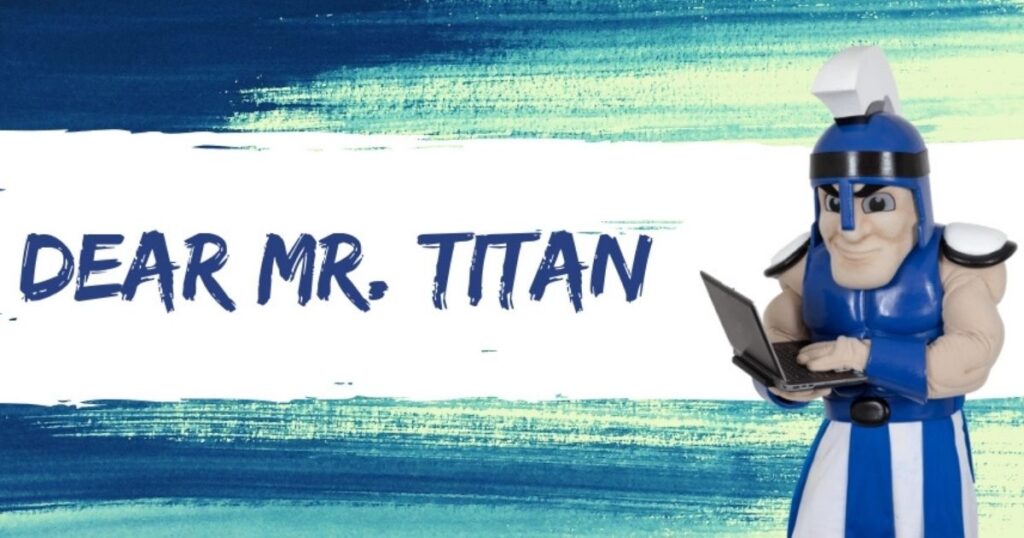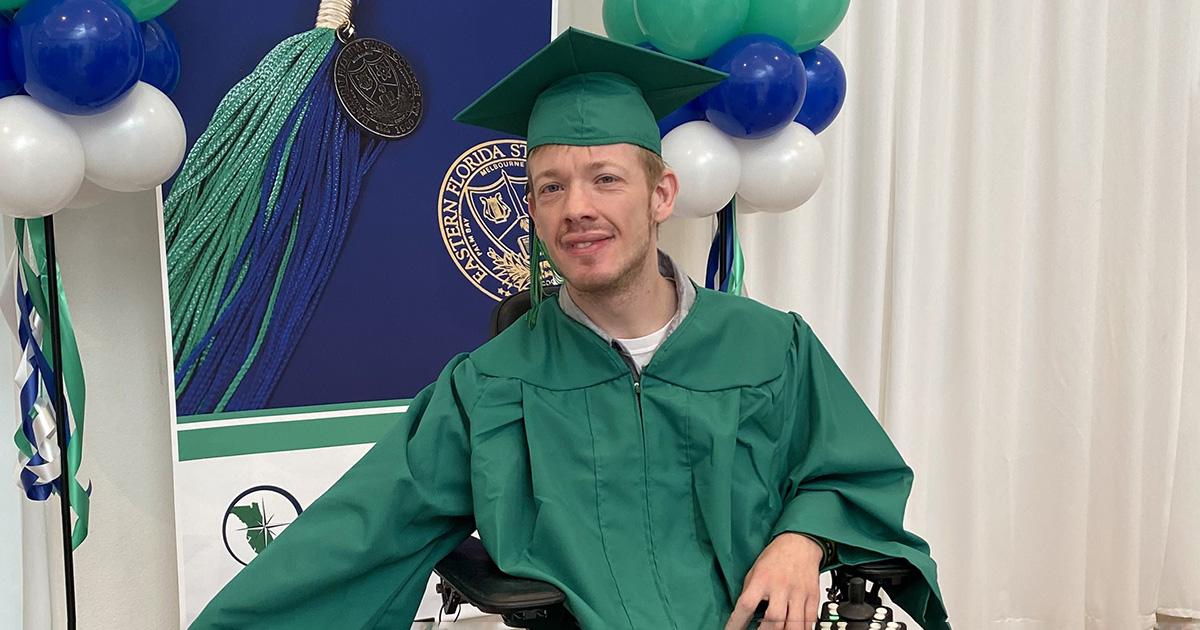What is a Student Advisor, and why do I need one? How can I find out who mine is?
Your Student Advisor is the person you can contact or meet with when you have questions about classes, your schedule or anything regarding your academic experience, really. In fact, they are here to help you!
When I was in classes at EFSC, I saw my Advisor before every single semester started. I knew it was better to get her advice than to not have it and mess something up while picking my classes. You definitely don’t want to sign up for something you don’t need, then end up having an extra elective when you could have been taking something required instead. Any time I wanted to look at my A.A. plan, I would go see my Advisor — even between semesters. She helped me to plug in the classes I had taken and write a list of when I would be taking each additional required class. This kept me focused!
It’s also nice to have someone encouraging you along the way. Honestly, these appointments aren’t just for planning; they are also good stopping points that can keep your mind in the right place and your motivation high. It’s like hiking up a mountain and taking a break every mile or so to check your progress and prepare for the remainder of the path ahead. Advisors also take your interests into account and will tell you about new classes that you might not have known were out there!
For instance, I mentioned one day that I like taking pictures, and my Advisor told me all about Eastern Florida’s Photography Certificate. That opened up all sorts of new opportunities for electives that would allow me to pursue a passion in addition to my regular degree — which turned out to be life-changing! I encourage you to talk to your Advisor about your life, your values and your talents. This will give them insight into new class suggestions for you.
Where Should You Start?
EFSC has different Advisors for each type of program:
- General A.A. Advisors
- Career & Technical Program (A.S.) Advisors
- Bachelor Advisors
- Health Sciences Advisors
- Public Safety Advisors
- International Advisors
Not an EFSC student yet? If you want to know more about a program, you can make an appointment with any of the Advisors above by calling 321-632-1111. They’ll be happy to discuss different options with you!
Already an EFSC student? You can find out who your assigned Advisor is through the myEFSC student portal. Just sign in, then click on the “myGPS” (Graduation Plan for Success) box with the compass icon. Your Advisor will be listed right at the top! Knowing that they are an available resource can be a relief, because if you need to stop in after class or when you’re particularly stressed, you’ll know they’re close by and willing to guide you.
Not convinced? Here’s what some of our Advisors themselves have to say:
Misty Hodges, EFSC Career and Technical Programs Student Advisor
“Higher education is sometimes confusing. It’s a lot to take in and remember. Often times, we work with students right out of high school, who have zero experience with higher education, or with someone who is returning to college after many years of staying home raising a family or being in the workforce. Either way, most students just don’t know how to navigate through their college degree effectively or efficiently. Most will self-advise or do whatever their friends did in a similar situation.
Working with an Advisor from the beginning ensures that students have a clear, direct understanding and path to graduation. Plainly put, if I want financial advice, I go see a financial advisor; if I want legal advice, I go see a lawyer and if I want medical advice, I go see a doctor. So it stands to reason that if someone wants educational advice, they should come see us!”
DJ Miedema, EFSC General A.A. Student Advisor
“A student needs to see an Advisor so they can have someone that actually knows what’s going on to bounce ideas off of (instead of another student or friend who did it this way or that). A good Advisor is someone who will talk with the student as a person and listen to what they want and need. Instead of being a robot and just putting a student into a class, an Advisor should work hand-in-hand with the student so that the student’s dream becomes more realistic and, therefore, more attainable.”
Still have questions about what your Advisor can do for you? Check out the Academic Advising page for more tips.
Remember, you’ve got this — and we’ve got you.




